

I have come to always anticipate an October surprise. Against the backdrop of our most gorgeous season, something significantly challenging just about always comes to a head between the months of October and December. Someone quits their job. My mom falls ill. My marriage falls apart. A payment doesn’t arrive. I go into labor at thirty-one weeks. I get the stomach flu on Thanksgiving AND New Year’s Eve—in the same year. Ahh, just a few of the fond memories I have of this season, one that is full of highs and a long lineage of always staying on my toes.
It was also the time of year that I started therapy. I remember how I felt like life was literally spinning out of control when I made the call, knowing there wasn’t really any gas left in my tank to keep running from whatever was bubbling to the surface of my consciousness.
I’ve spent the last decade peeling away the onion that is my repressed sense of self, lack of personal boundaries, and the security blanket of perfectionism. I’ve been that duck, gliding along the water’s edge, sharing beautiful things online while furiously paddling beneath the surface to keep from stagnating.
I’ve been that duck, gliding along the water’s edge, sharing beautiful things online while furiously paddling beneath the surface to keep from stagnating.
This month’s theme was especially important to me because it feels like the last layer of self-discovery I have left to confront in my thirties. Through therapy, I’ve tackled my childhood. I’ve come to peace with my eating disorder, my ADHD, my moodiness, and my tendency to create chaos as a means of avoidance. But what I haven’t had the courage to confront is the question of true self-love. Not the flowery self-declaration we make to others in the name of female empowerment. I’m talking about the feeling of true acceptance in the face of all the light and dark parts of ourselves. The love that picks us up when no one else can and reminds us that everything we could ever need to feel loved and “enough” comes from within ourselves.
Self-confidence isn’t something we can buy off a shelf. It isn’t something that remains constant. If anything, going to therapy didn’t GIVE me self-confidence; I had to work the muscles I built there in order to keep going, until years later, the words I jotted down in notebooks suddenly clicked. It’s funny how that works. You can get the idea of something intellectually, but it takes time and practice until we fully understand. These muscles you build in therapy are ones that need to be conditioned over time; once they’re conditioned, you can put them into practice over a lifetime. Do the work up front and you can use those skills repeatedly.
I want to dedicate my last personal essay of the month to those years of practice. To the gift of therapy. And to what I’ve learned about the process and about who I am at my core, after a decade of working toward a better relationship with myself.
This is what I’ve learned in ten years of therapy.
1. Going to therapy will help you get better, but you will struggle again. That’s okay.
Therapy doesn’t fix all your problems and it doesn’t keep new problems from arising, but it does give you the tools to handle them in a completely new, ideally more effective way. There may be times when you need to go back to therapy, but that doesn’t mean you’ve failed.
I kept my therapist’s number on hand for big life changes. Before I got married, before I had kids, right after I had kids. When I got pregnant again. We made a plan for what to do when I got stuck, and each time I went back, it was like riding a bike. We picked up where I left off, revisited themes that were along the lines of where I struggled most, and tweaked our plan. We’re never done growing, and we’re going to do most of that on our own.
We’re never done growing, and we’re doing to do most of that on our own. I’ve learned to think of going to therapy as a sort of preventative care for my relationship with Joe and my complicated feelings about work, my value as a person, and motherhood.
I’ve learned to think of going to therapy as a sort of preventative care for my relationship with Joe and my complicated feelings about work, my value as a person, and motherhood.
2. Uncomfortable feelings aren’t something you need to fear.
I look at discomfort as an inherent part of life now versus something I dread. Uncomfortable feelings are information—a reminder to change course and go in a different direction. This realization has also been helpful in other areas of life where I tend to feel afraid.
For example, in business, you have to have a lot of uncomfortable conversations and face a lot of uncertainty. I’ve learned that neither of those things needs to be so scary. Therapy has helped me develop perspective around uncomfortable feelings—I can recall other times I’ve felt the same way and know I’m going to make it through the situation at hand too.
3. Therapy won’t only improve your relationship with yourself.
The tools I’ve learned in therapy haven’t just improved my relationship with myself; they’ve also improved my relationships at work, with Joe, with my family, and with my friends. Because of therapy, I’m better at setting boundaries and communicating my needs, something that inherently leads to more genuine connections.
4. It’s (more than) okay to take medication.
Medication isn’t always the answer but sometimes it can be an incredibly helpful step on your journey. Most of my intense years of therapy were done resisting the idea of taking meds. I was confronted with the necessity of them with my postpartum depression, and never went off. It was like the clouds parted and I became more… ME, without really realizing it.
The stigma of medication kept me from getting better, faster. Medication is not the ONLY part of getting better, and there are cases when I’ve declined taking meds because of advice from medical professionals who I felt didn’t understand my full situation. Advocate for yourself, but make sure you’re keeping an open mind.
Most of my intense years of therapy were done resisting the idea of taking meds. I was confronted with the necessity of them with my postpartum depression, and never went off. It was like the clouds parted and I became more… ME, without really realizing it.
Taking medication is a very personal choice and something you should ultimately discuss with a healthcare professional. What I want to make clear here is that there’s absolutely no shame in the choice to take medication. When you find the combination that works for you, it won’t change who you are at your core. Rather, it will make it easier to clearly face the daily ups and downs of life, without the heavy fog of mental illness clouding your path.
5. Your therapist’s opinion is not the be-all and end-all.
Don’t put your therapist on a pedestal. Your therapist’s input is valuable, but never forget that it’s their opinion. Remember that you still need to advocate for yourself, whether it’s being clear about the topics you want to cover in a specific session or questioning their advice when your gut says something different.
Therapy is an excellent place to have these open dialogues, and if you’re someone who finds any measure of opposing opinions difficult to face in your daily life, therapy can be a great, safe place to practice articulating your point of view until it begins to feel more natural.
6. There may be a time when you’ll need to move on and find someone new.
With one therapist, I got to a place where I noticed they were consistently agreeing with me like a friend instead of “challenging” me. When I felt like they’d grown to see my life through rose-colored lenses, I knew it was time to find someone different.
If and when you make the choice to move on, it will be uncomfortable at first, and (as always) that’s okay.
7. It will take time for some of the lessons to sink in.
It can take a while to process things when we’re not at a place where we’re ready to accept them yet. That isn’t necessarily a bad thing and it doesn’t mean that you’ll remain stuck in a particular situation forever; you’re just not ready to fully work through it at the moment. There are lessons that are still sinking in for me, ten years after the fact, that I didn’t fully understand when I was in my sessions.
When I was initially in therapy, we worked on cognitive functioning tactics and I was told it would be really helpful to seek out an ADHD therapist/coach. I didn’t follow that advice at the time but now I understand how important it was and why it was recommended to me. Sometimes we’re simply not ready to move forward with a suggestion at the moment, and there’s nothing wrong with that.
8. The only way to get to the other side is through.
There are no shortcuts in therapy. If you want to logically reason with yourself and not fully feel or actively process your negative emotions, you’re going to continue to deal with them.
When I first started therapy, I thought I could study my way through the hard stuff. I read ALL the books, googled countless articles, journaled my brains out, recorded dreams—all of it. At the time, I’d much rather learn about other people who’d dealt with something similar than come to terms with and deal with my own issues. It took time, experience, and feeling the feelings I wanted to avoid to start to make progress.
And when I did begin to make progress? It hurt. I can remember feeling ashamed and scared as I cried in front of my therapist. But it felt similar to the process of healing from a cold—sometimes you just have to let your body do what it needs to do to get better.
9. Boundaries are crucial.
Sometimes hurt people say hurtful things. Through therapy, I’ve become better able to recognize what triggers me, what boundaries I need between myself and other people, and what steps I can take to advocate for those boundaries. I’ve also learned to have respect for the unprocessed trauma of others.
Learning to set boundaries doesn’t mean you won’t experience hurt again. Instead, it means you’ll learn how to pause, process the situation, reconcile how you feel and how the other person feels, advocate for your needs, and move forward.
Learning to set boundaries doesn’t mean you won’t experience hurt again. Instead, it means you’ll learn how to pause, process the situation, reconcile how you feel and how the other person feels, advocate for your needs, and move forward.
10. Both sides of the story can be true.
Most of the language around who we are is processed through a veil of shame. You’re either good or bad; this or that; unable to do something or amazing at something. There’s a lot more nuance in life than we tend to want to recognize, and through therapy, I’ve learned to be better able to hold two things as true at the same time.
We all have been the victim and we’ve all inflicted pain. We all have light and dark parts of ourselves. Our parents can have the best of intentions and make choices that are triggering to us as children. It’s difficult for us to accept these terms, that we can’t go through life gaining a consensus with others to confirm our own experiences. This is probably the hardest lesson in therapy. You don’t necessarily get answers or huge revelations about your past. For me, it was about finding compassion for myself, letting go of the need to control my past, my present, and my future, and being open to what it means to be human. And that means coming to terms with all the messy stuff that goes with it.
You don’t necessarily get answers or huge revelations about your past. For me, it was about finding compassion for myself, letting go of the need to control my past, my present, and my future, and being open to what it means to be human.
When things got hard, or when I had an intense session, my therapist, Sue, would say this: “Kate, you’re giving yourself a gift by being here. You’re confronting things that will make it possible to live at peace with yourself. It is a gift, it is a gift, it is a gift.”
And she was right. Not about the therapy being the gift, but about the willingness to show up. The willingness to do the work. The willingness to believe my internal dialogue wouldn’t always have to be painful.
What a gift it is to believe you are deserving of better.


Kate is the founder of Wit & Delight. She is currently learning how to play tennis and is forever testing the boundaries of her creative muscle. Follow her on Instagram at @witanddelight_.
BY Kate Arends - October 26, 2020
Most-read posts:
Did you know W&D now has a resource library of Printable Art, Templates, Freebies, and more?
take me there
Get Our Best W&D Resources
for designing a life well-lived




Thank you for being here. For being open to enjoying life’s simple pleasures and looking inward to understand yourself, your neighbors, and your fellow humans! I’m looking forward to chatting with you.
Hi, I'm Kate. Welcome to my happy place.






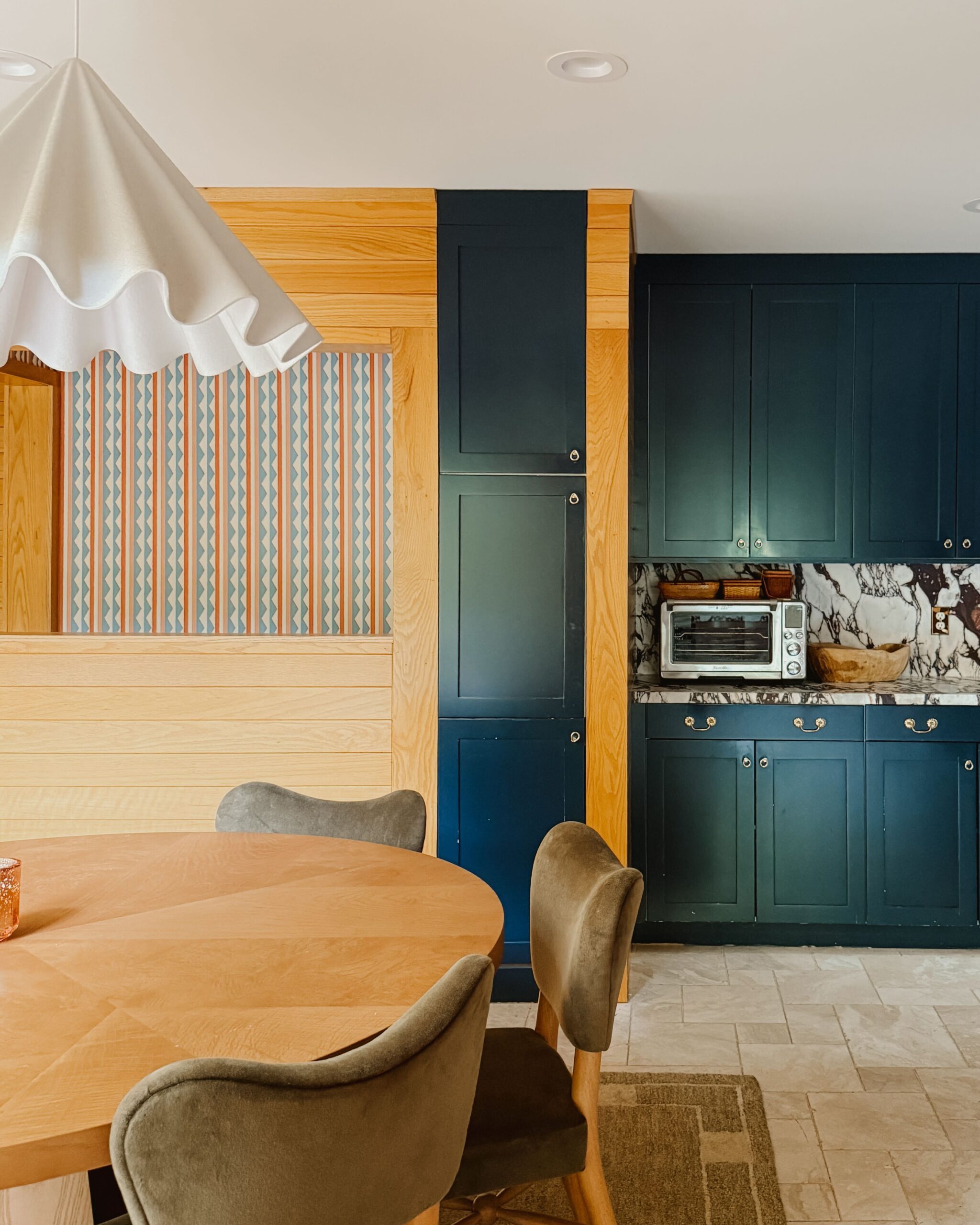
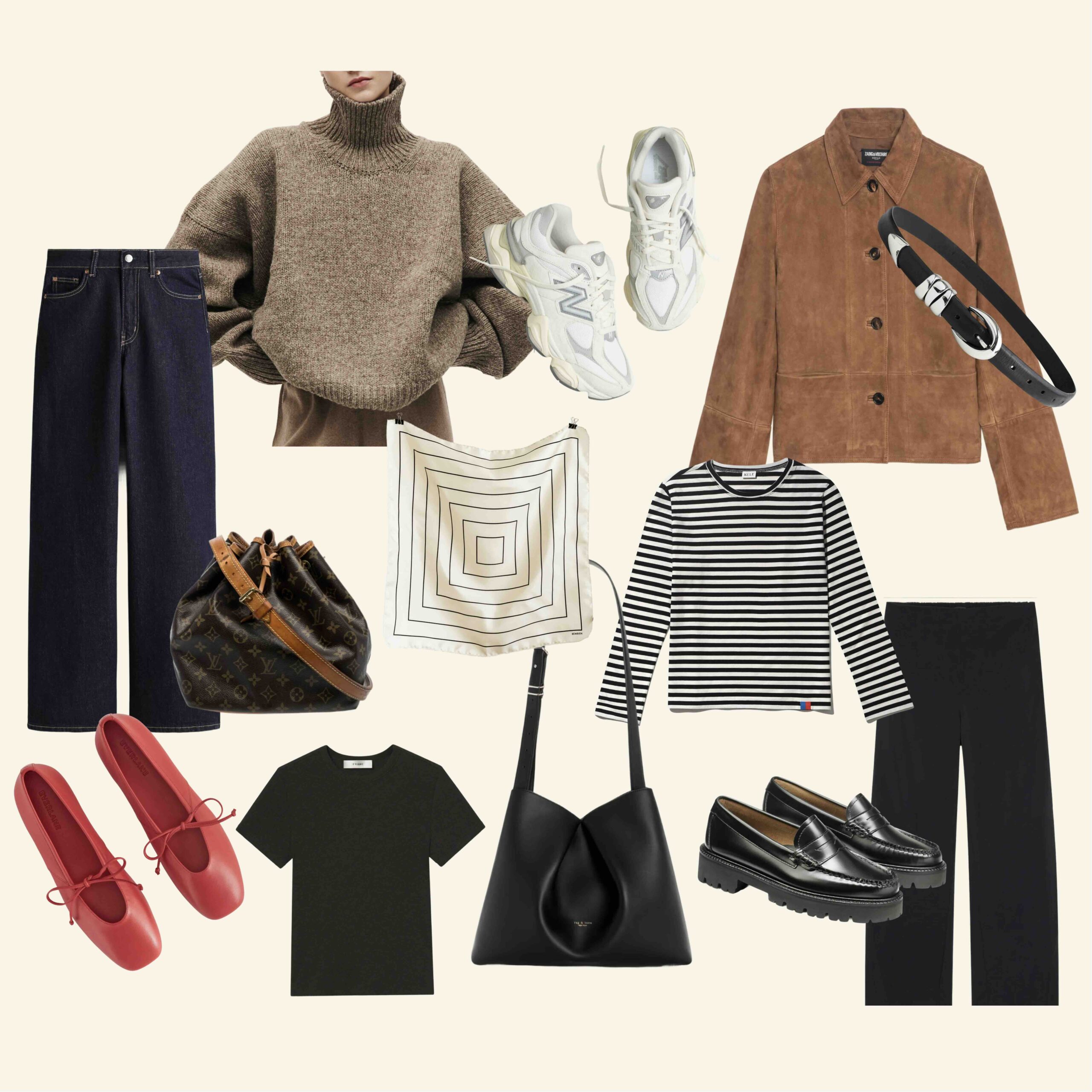
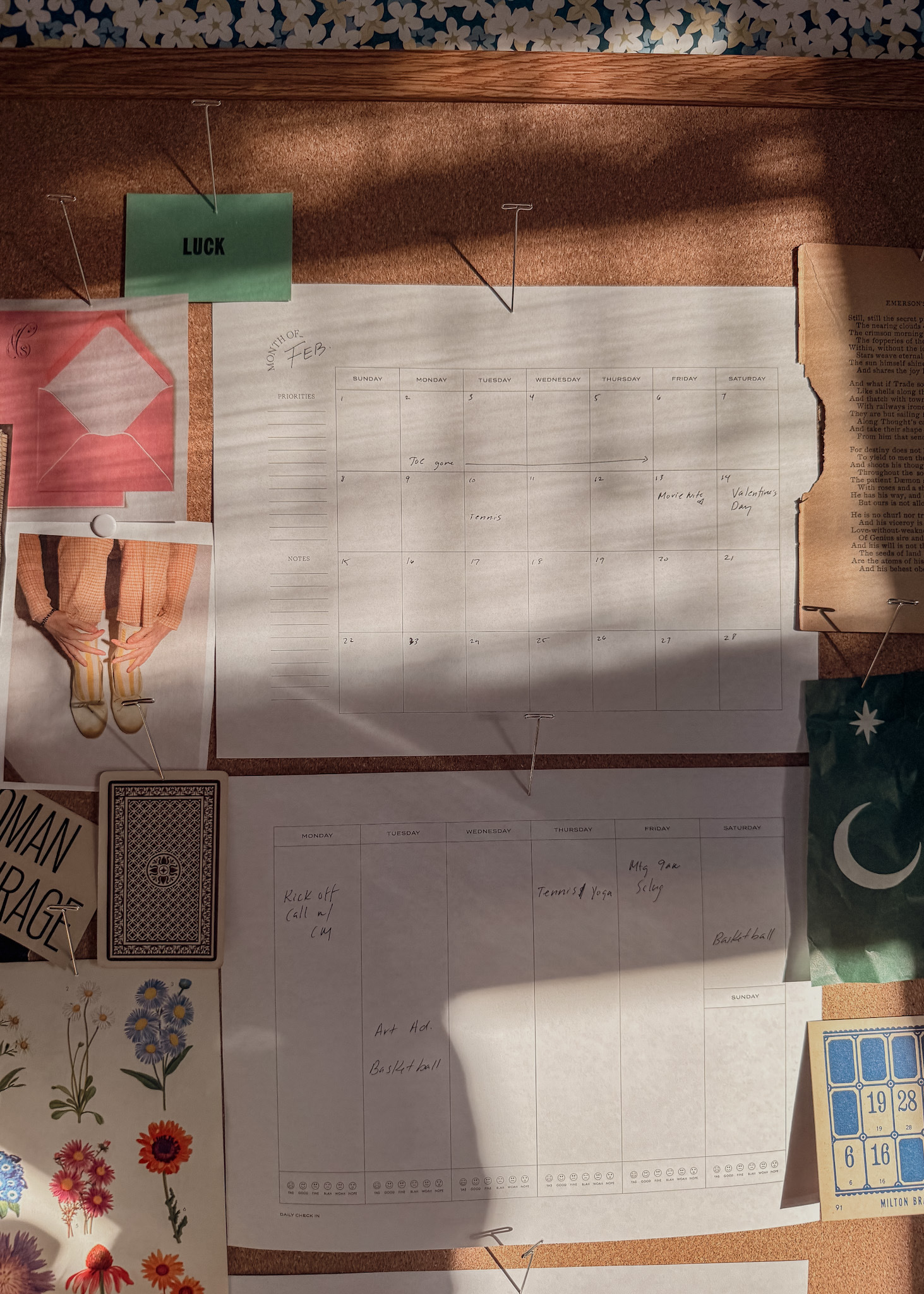

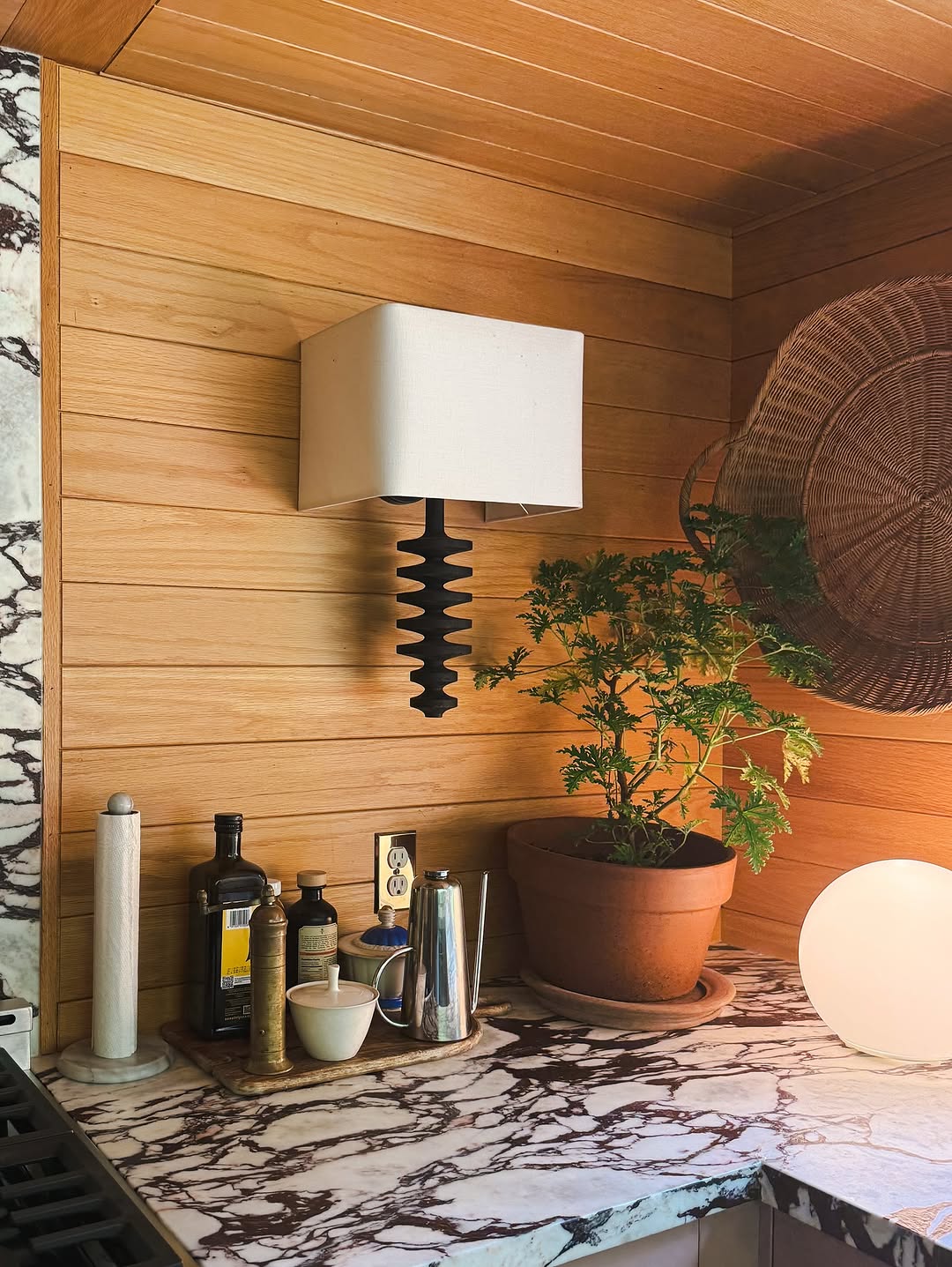

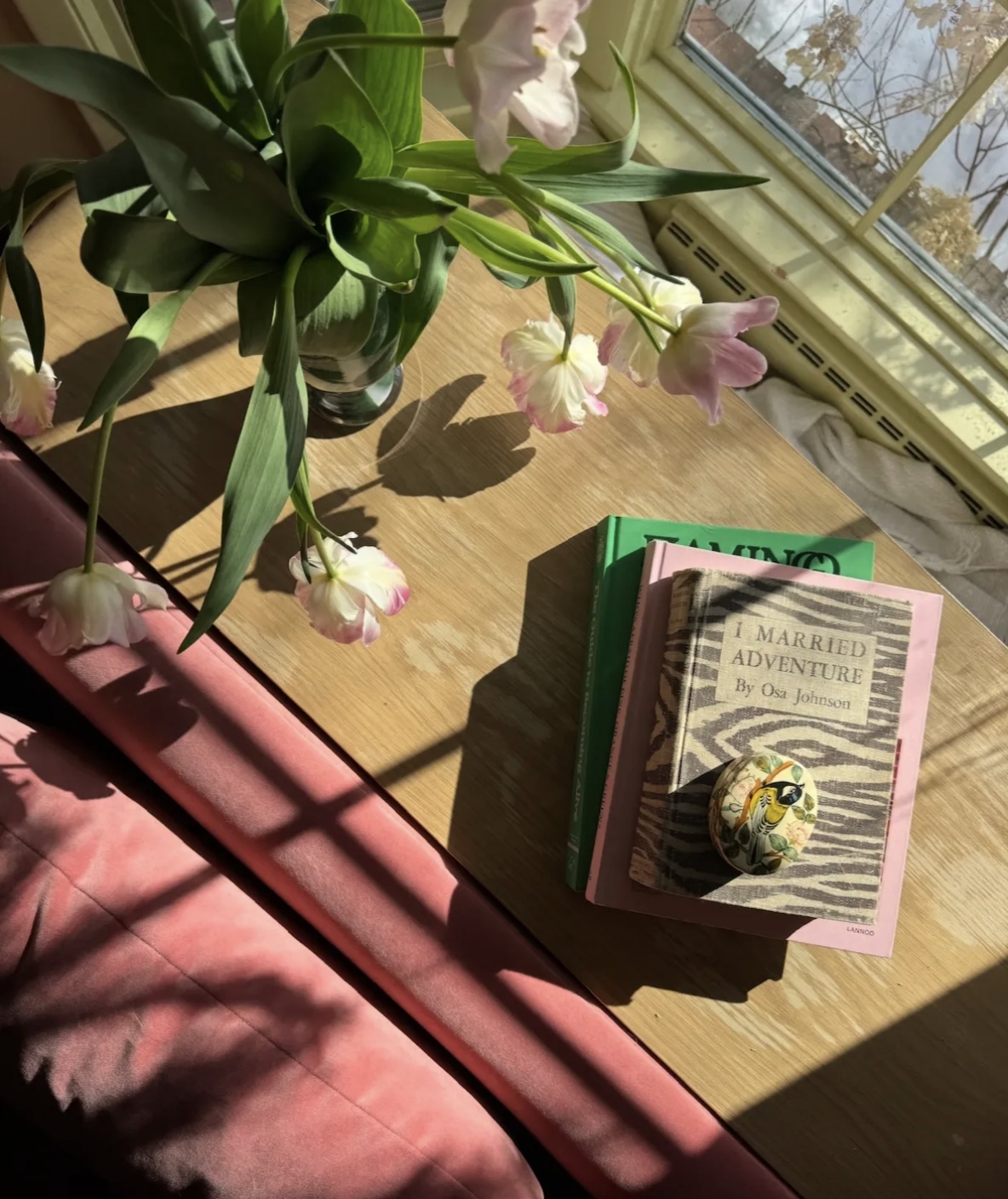
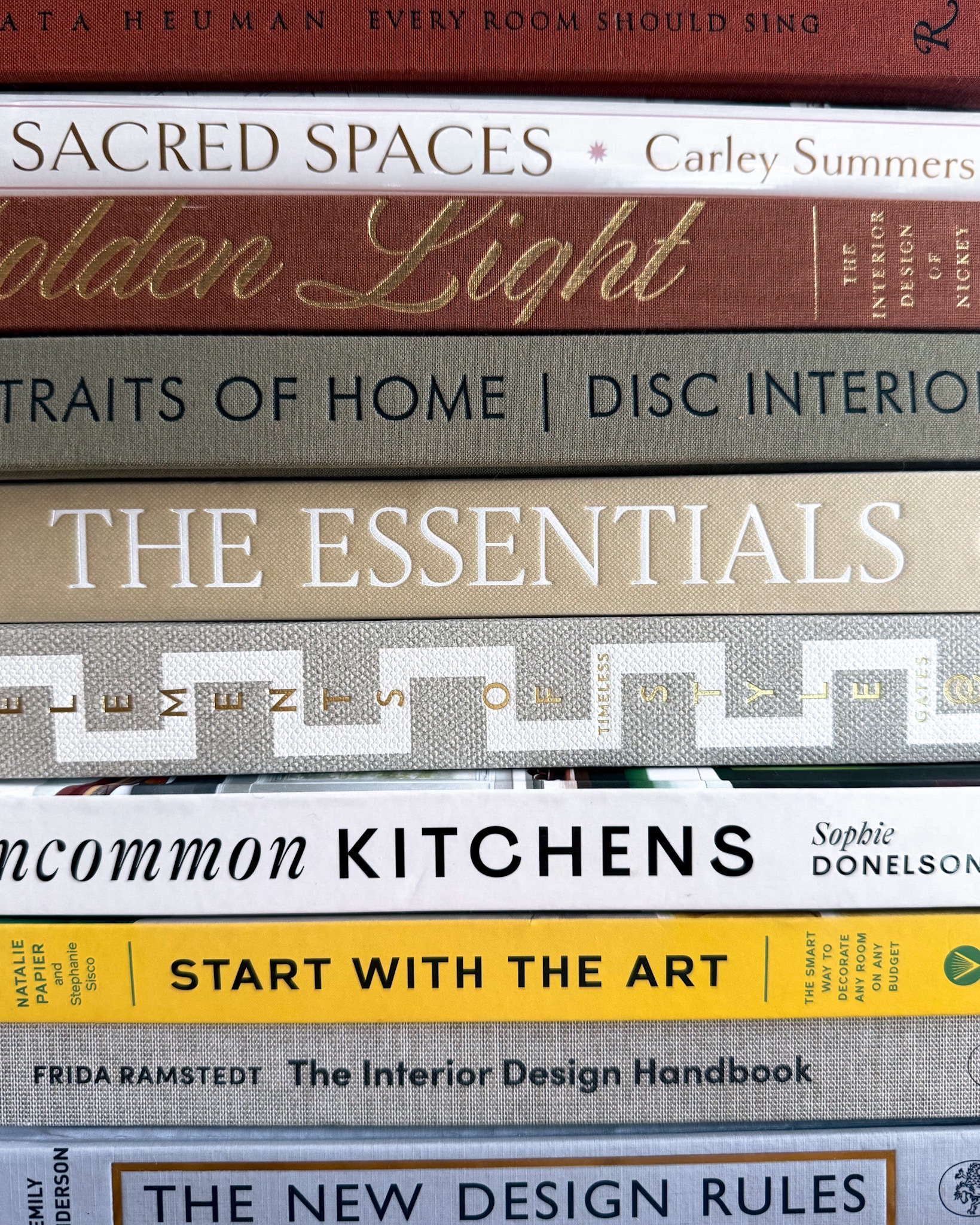




Beautifully shared ~ thank you!🌺
Thank you for reading!
Beautiful.
I appreciated you summarizing what you’ve learned in therapy. I’ve had similar realizations but haven’t organized my thoughts.
Would you be willing to share more info or a reco on an adhd coach?
Thanks for reading, Kara. I’ve actually never used an ADHD coach, and it was probably one of the biggest mistakes of my time in therapy. I don’t have any specific recommendations, but if you have a therapist or counselor, they should be able to recommend one to you!
Also a gift that you share…..
Thank you, Sue!
I love reading these posts! Thanks for being so vulnerable to make us all feel a little more normal 🙂
You got it. Thanks for taking the time to comment, Lexie!
This is so thoughtfully written; and as a therapist and someone who has sought therapy many times over the years, your points are spot on. Thank you- I’ll be sharing this with many of my clients.
I can’t tell you what it means to hear that, Amanda. Thank you for taking the time to read and comment. I’m so glad this post resonated with you!
I loved your article and as someone who is in therapy now, trying to make sense of past, present and future i really enjoyed reading about your experience. Thank you for sharing!
Thanks so much for your comment. I’m glad this article resonated!
I’ve been a quiet reader of your posts for a while. I’ve always wondered who it is you are trying so hard to impress? Because even though you may feel like you are projecting the smooth swan on the surface, the furious paddling beneath is always evident. But who cares? Everyone is paddling. It’s what keeps us afloat. If your family and friends truly know you and love you, who else matters? The rest of what you’re doing is just — and I do mean “just” — the day job. Don’t sweat it so much.